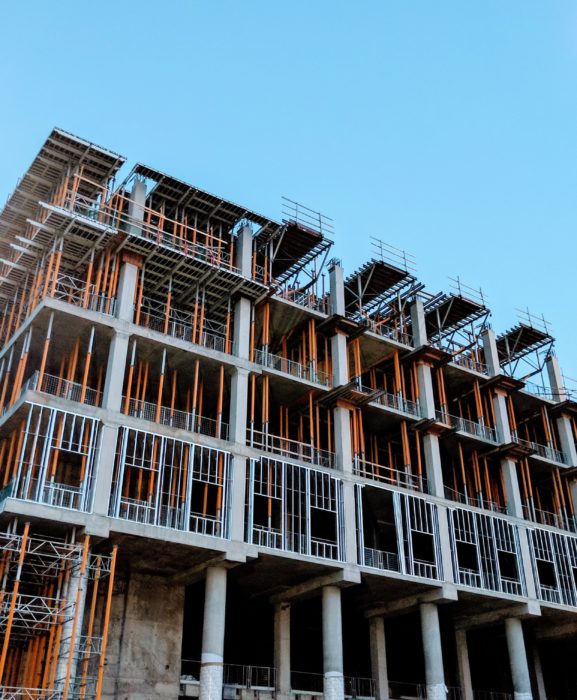
As a result of conversations between the Governor and the four legislative leaders, there is “broad agreement” when it comes time to divvying up the $11 billion in federal COVID-19 aid dollars and extra state resources.
It’s going to start with rebuilding the state’s sagging and aging infrastructure. The only question is how much to spend and where.
That development came out of a panel discussion Wednesday morning before the Michigan Credit Union League with House Speaker Jason Wentworth (R-Farwell) and House Minority Leader Donna Lasinski (D-Scio Twp.).
They ticked off projects such as roads, bridges, water, sewers, broadband, schools, mental health facilities, and dams as likely buckets for the bucks.
“We have a broad agreement on all of those items,” Lasinski said. “The question is how much goes into each bucket.”
Wentworth added, “The most important item for the state is infrastructure (which) deserves the biggest amount” of those federal dollars.
He also noted that before those exact dollar figures are nailed down by the state, the quadrant and Governor will keep an eye on what the federal government does on this same issue.
“We need to wait and see what the feds area doing so we don’t double invest in what they are doing . . . We need to get this right. Too many times Lansing doesn’t do that.”
These private quadrant talks that were conducted at the same time everyone was working on the state budget have been ongoing for months and will take a new turn with the addition of a new state budget director, Chris Harkins, entering the conversation as early as this Friday.
For her part, Lasinski is especially concerned with high-speed Internet access with the lack of same being “an incredible barrier to rural Michigan and small businesses. That is at the top of my list.”
She also wants to discuss the “strings” on what may turn out to be a public-private partnership in expanding the Internet. There’s the possibility that lawmakers may ask the companies benefiting from this influx of new cash to promise not to raise rates on the customers who are getting the service for the first time.
Apparently, with the Governor and quadrant on the same page on its top priority, the Speaker indicated, “There is no artificial time line on this. No deadline.”